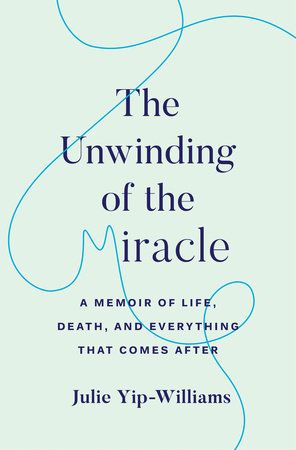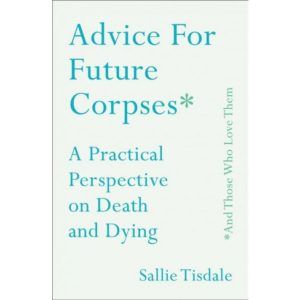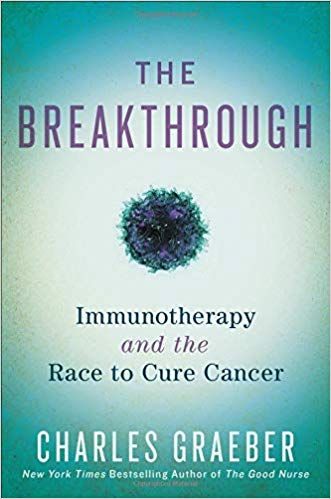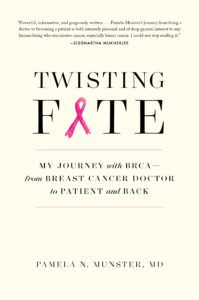I used to work in oncology, so cancer is nothing new to me. When I was in grad school at a medical school, I read through the entire oncology (surgical, medical, and radiation) section of the library to try and get a handle on my anxiety about a mentor being diagnosed with breast cancer. It’s almost as if…if I could just read enough about something, any anxiety about it would go away. Obviously, that doesn’t always work, but that’s how my thinking goes. Especially in a situation where I have no control over an outcome, reading gives me something to do. If I can just read enough, it will be fine. When my grandmother’s cancer came back as metastases 8 years after her initial diagnosis, I was dealing with an infant and couldn’t dwell on it. She went on targeted therapy to control the spread, and that was that. But it’s more than 2 years later now, and the drugs have stopped working altogether, and the cancer is spreading. That we have had so much time before this has happened is, in itself, remarkable. Now that I am not mired in constant infant care, I’m able to read more. My son and my grandmother are 90 years apart, but best friends. They get along like gangbusters, and most days, I try not to think about the cancer. But if nothing else, I am a realist, as is my grandmother. Which is why we have honest conversations about life, death, her illness, and more. I’ve found myself drawn more to medical-esque books lately, and I’m sure this is why. Here are some of my recent favorites.
The Unwinding of the Miracle: A Memoir of Life, Death, and Everything That Comes After by Julie Yip-Williams (Random House, January 2019)
Julie Yip-Williams was never meant to survive. Born blind in Vietnam, her grandmother wanted to euthanize her. She survived, and immigrated to the U.S. with her parents, getting surgery that partially restored her sight. She went on to become a successful, Harvard-educated lawyer—and was diagnosed with Stage IV colon cancer at 37, when she had two small children. She kept a blog throughout the experience, which has been turned into this book, published posthumously. I am reading this now and her voice is refreshingly honest, leaping off the page.
Advice for Future Corpses (And Those Who Love Them): A Practical Perspective on Death and Dying by Sallie Tisdale
Tisdale, who, in addition to being an award-winning writer, is a nurse with extensive experience in palliative care, has written one of the best books I’ve ever read on death and dying…and I’ve read a lot of them. This book delves into the dying process and is also a practical guide to what happens as someone dies, what to say to them, and the grieving process. It’s a mix of memoir, reflection, and instruction guide. I wish everyone had a copy of this.
The Breakthrough: Immunotherapy and the Race to Cure Cancer by Charles Graeber (Twelve Books, November 13th)
If you’re a science nerd or just want to learn more about immunotherapy, one of the pioneering fields in medicine, this is a compulsively readable book. He combines reportage, anecdotes, and research into a book that gave me hope for the future of cancer therapy.
Twisting Fate: My Journey with BRCA—from Breast Cancer Doctor to Patient and Back by Pamela Munster
It’s a unique and humbling experience, working in medicine as a practitioner or researcher and then becoming a patient—and Dr. Munster does an excellent job of showing this in her book. Both memoir and reportage on breast cancer and the BRCA mutation, this is an honest, inside look into what it’s like to face cancer as not only a medical professional, but an oncologist.



